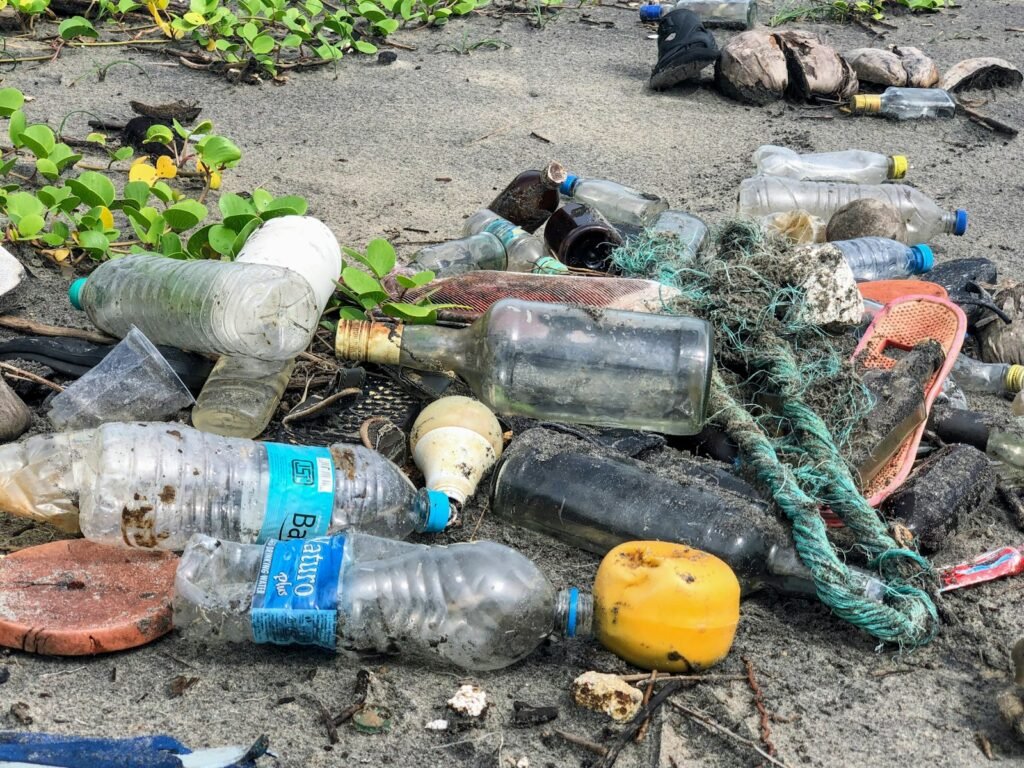Living with less doesn’t mean living without. It means choosing quality over quantity, simplicity over excess, and intentionality over impulse. In a world filled with consumerism and constant noise, the act of reducing possessions can lead to more space, clarity, and financial freedom. Whether you’re looking to cut costs or reduce your environmental impact, adopting a minimalist mindset offers tangible benefits that extend far beyond the home. This article explores 10 practical ways to live with less while saving more—without compromising comfort or quality.

Declutter Your Space
A cluttered home can lead to increased stress and a sense of overwhelm. Begin by sorting through your belongings and identifying what you truly need versus what is just taking up space. Set aside time each week to go through one room or area, donating items that no longer serve you. This process not only helps reduce physical clutter but also creates a more peaceful and functional living environment.
Adopt the One-In-One-Out Rule
For every new item you bring into your home, commit to removing an old one. This rule prevents unnecessary accumulation and encourages mindful consumption. Whether it’s a piece of clothing or a household tool, replacing what you already own with something new can help keep your space intentional and manageable over time.
Embrace Secondhand Shopping
Shopping secondhand is an effective way to reduce waste while also saving money. Thrift stores, consignment shops, and online marketplaces offer high-quality items at lower prices. This approach not only helps the environment by giving used goods a new life but can also be more cost-effective than buying brand-new products.
Cook at Home More Often
Preparing meals at home is both healthier and more economical than dining out regularly. By planning your meals in advance, you can reduce food waste and save money on groceries. Experiment with simple recipes that use ingredients you already have on hand. Cooking at home allows you to control what goes into your food while also cutting down on unnecessary expenses.
Use Reusable Products Instead of Single-Use Items
Replacing single-use items with reusable alternatives is a small change that can have a significant impact over time. Invest in reusable shopping bags, water bottles, coffee mugs, and utensils to reduce waste. These sustainable choices not only help the environment but also lead to long-term savings by reducing your need for disposable products.
Practice Energy Efficiency at Home
Simple changes around your home can significantly lower your energy bills and reduce your environmental footprint. Switching to LED light bulbs, using smart thermostats, and unplugging unused electronics when not in use are all effective ways to save on utility costs. Additionally, reducing water usage through low-flow fixtures and mindful habits can further contribute to your savings and sustainability efforts.
Opt for Digital Over Physical Subscriptions
Subscribing to physical magazines, books, or newspapers can be both costly and wasteful over time. Consider switching to digital versions of these items to save money and reduce paper consumption. Many online platforms offer access to e-books, streaming services, and digital journals that are just as convenient as their physical counterparts.
Use Public Transportation or Carpool
Reducing the frequency of car usage can lead to significant financial savings while also benefiting the environment. Using public transportation, walking, biking, or carpooling with others are all excellent alternatives to driving alone. These methods not only help reduce carbon emissions but also lower your overall transportation costs.
Set a Budget and Stick to It
Creating and following a budget is essential for living more simply and saving money. Track your expenses regularly to identify areas where you can cut back on non-essential spending. A well-planned budget helps ensure that your financial resources are used in ways that align with your values and long-term goals.
Focus on Experiences, Not Things
Investing in experiences rather than material possessions can lead to greater satisfaction and fulfillment. Whether it’s attending a local event, trying a new hobby, or traveling, these moments often create lasting memories without the burden of additional clutter. Prioritizing experiences over things encourages a more meaningful approach to life while also reducing unnecessary spending.
Embrace Intentional Consumption
Before making any purchase, ask yourself if the item is truly necessary and how it fits into your lifestyle. This practice helps avoid impulse buying and ensures that your money is spent on items you genuinely need or enjoy. Being intentional about what you buy supports both financial health and environmental sustainability by reducing unnecessary consumption.
Create a Sustainable Routine
Incorporating small, consistent habits can make a big difference over time. Whether it’s setting aside time each week to declutter, meal planning, or using reusable products daily, these routines help reinforce the principles of living with less. A sustainable lifestyle is built on regular practice rather than one-time efforts.
Build a Supportive Network
Surrounding yourself with people who share similar values can make the journey toward a simpler life more enjoyable and motivating. Engage with like-minded individuals through local groups, online communities, or social media platforms to exchange ideas and encouragement. A strong support network helps maintain motivation and accountability as you work toward your goals.
Reflect on Your Progress
Periodically take time to evaluate how well your lifestyle changes are working for you. This reflection can help identify what is effective and where adjustments may be needed. Celebrate small victories along the way, such as successfully reducing waste or saving more money each month. Recognizing progress helps reinforce positive habits and keeps you focused on long-term success.
Stay Committed to Your Goals
Maintaining a simpler lifestyle requires ongoing commitment and flexibility. As life circumstances change, your approach may need to adapt accordingly. However, the core principles of living with less—mindfulness, sustainability, and financial health—are worth continuing to prioritize. Consistency is key to making these changes last over time.







